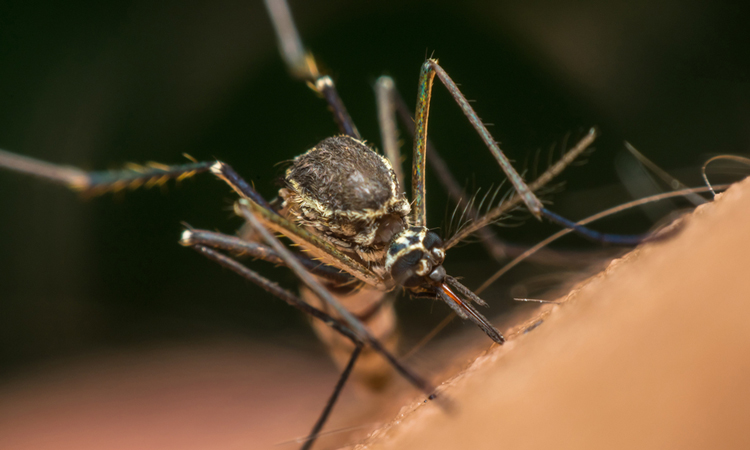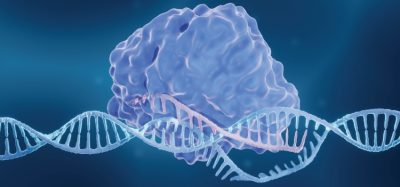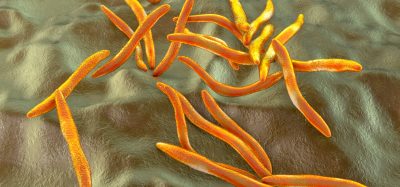Novel compound to kill malaria parasites developed by researchers
Posted: 6 March 2020 | Victoria Rees (Drug Target Review) | No comments yet
A collaborative team has developed a compound called WM382, which targets two crucial enzymes in the malaria parasite, effectively killing it.

A novel antimalarial compound that can effectively kill malaria parasites has been developed, say a collaborative team of researchers. The scientists hope that drugs based on these early compounds will soon enter Phase I clinical trials.
The study was conducted by the Australian Walter and Eliza Hall Institute and pharmaceutical company MSD. According to the team, in pre-clinical testing the compounds were effective against different species of malaria parasites, including the deadly Plasmodium falciparum and at multiple stages of the parasite lifecycle. The compounds target a previously unexplored parasite pathway and could overcome existing issues of parasite drug resistance.
“This is an exciting new class of antimalarial compounds that could fill a critical and widening gap in our efforts to control and eliminate malaria,” said Professor Alan Cowman, deputy director at the Walter and Eliza Hall Institute. “In pre-clinical testing, the lead compound WM382 inhibited growth of the malaria parasite in the host and prevented transmission back to the mosquito. These results indicate that this class of compounds is very promising as a potent new treatment for malaria.”
WM382 not only killed malaria parasites in the blood, it also killed parasites in the liver and prevented parasites in the blood being transmitted to mosquitoes, he said. The researchers say that WM382 kills the malaria parasite in a very different way to current antimalarial drugs. In tests, malaria parasites that were resistant to the lethal effects of current antimalarial drugs were fully susceptible to WM382. It was also very difficult to induce resistance to this compound in malaria parasites in the lab, say the team. According to the researchers, this is uncommon in drug discovery and is a positive sign, suggesting it will be harder for malaria parasites to acquire resistance.
WM382 not only killed malaria parasites in the blood, it also killed parasites in the liver and prevented parasites in the blood being transmitted to mosquitoes”
Professor Cowman said WM382 targets two crucial enzymes in the malaria parasite, blocking their function and killing it. “This compound has a two-pronged approach to disable the parasite, which helps explain its potency and effectiveness… It targets plasmepsin IX (PMIX) and plasmepsin X (PMX), two ‘master regulators’ that are critical for parasite survival. PMIX and PMX are involved in multiple stages of the parasite lifecycle and because the compound hits both these targets, it is harder for parasites to develop resistance.”
The researchers emphasise that this novel class of compounds has the potential to not only cure people with malaria, but also prevent transfer of the parasite to the mosquito and consequently, halt further transmission of the disease. “This is an exciting prospect, as current antimalarial drugs kill the malaria parasite in the blood but do not fully prevent transmission,” Professor Cowman said.
The study was published in Cell Host & Microbe.
Related topics
Drug Discovery, Drug Targets, Enzymes, Research & Development, Targets, Therapeutics
Related conditions
Malaria
Related organisations
MSD, Walter and Eliza Hall Institute
Related people
Professor Alan Cowman







